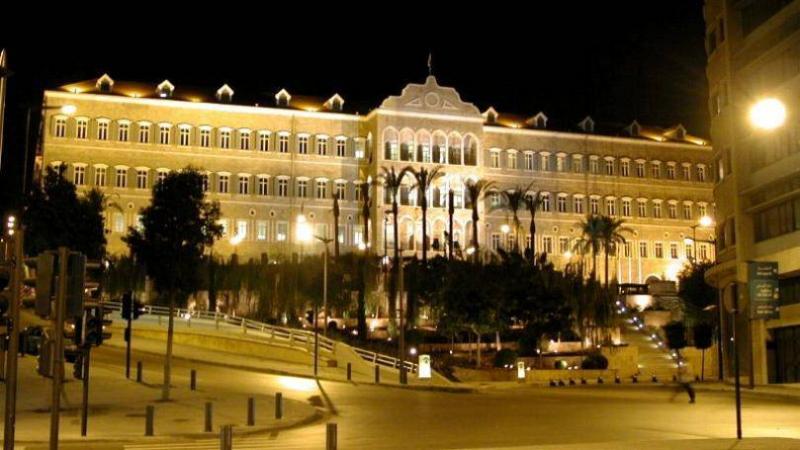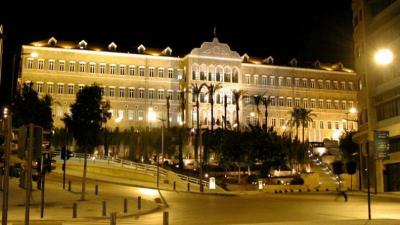The step taken by the designated president, Najib Mikati, to visit Baabda Palace for a meeting with President Michel Aoun did not yield the expected positive results; rather, it was merely a smokescreen. Although it appeared intended to expedite the government formation process before arriving at a complete void, in essence, the political clash and governmental confrontation have persisted for a long time. Those familiar with the formation process are well aware of the lack of enthusiasm among the parties for a new government. Some say that the failure to hold the second meeting, which was supposed to occur within 48 hours, does not mean that communications between the political powers involved in the formation—namely, between the first and third presidencies—have stopped; therefore, the ball is in the president's court.
According to information from "Akhabar Al-Yawm" agency, the "battle" over the energy ministerial portfolio has ended and been set aside, while the proposed changes to the government formation will only affect two ministers, seemingly the Minister of Economy Amin Salam and the Minister of Displaced Persons Issam Charafeddine. To clarify the situation, there are just a few hours left that will elucidate the path of the upcoming government.
In the atmosphere of Ain al-Tineh, despite the fact that Parliament Speaker Nabih Berri expressed, during a meeting with a group of journalists at the end of last month, that forming a government needs a "miracle," he supports forming a government sooner rather than later. The economic files or those related to reforms require the expeditious establishment of a government that the political forces should collaborate to bring to light instead of entering the disruption line by complicating the Wednesday meeting and attempting to obstruct the formation process. Furthermore, Berri conditions the invitation to a session to elect a president on the approval of the reform laws requested by the International Monetary Fund in August, due to the possibility that an internal settlement may not materialize to allow the constitutional obligation to take place on time, especially after it was previously leaked by those close to him that he would call for an election session starting from the first of September.
However, at this point, one should not gamble or stray far regarding the possibility of reaching an understanding on forming a new government, as observers indicate that matters in Lebanon always remain open to all possibilities, and heading towards a presidential vacuum under a caretaker government could lead to what could be described as an "institutional phase," considering that the debates will remain open in this regard.




